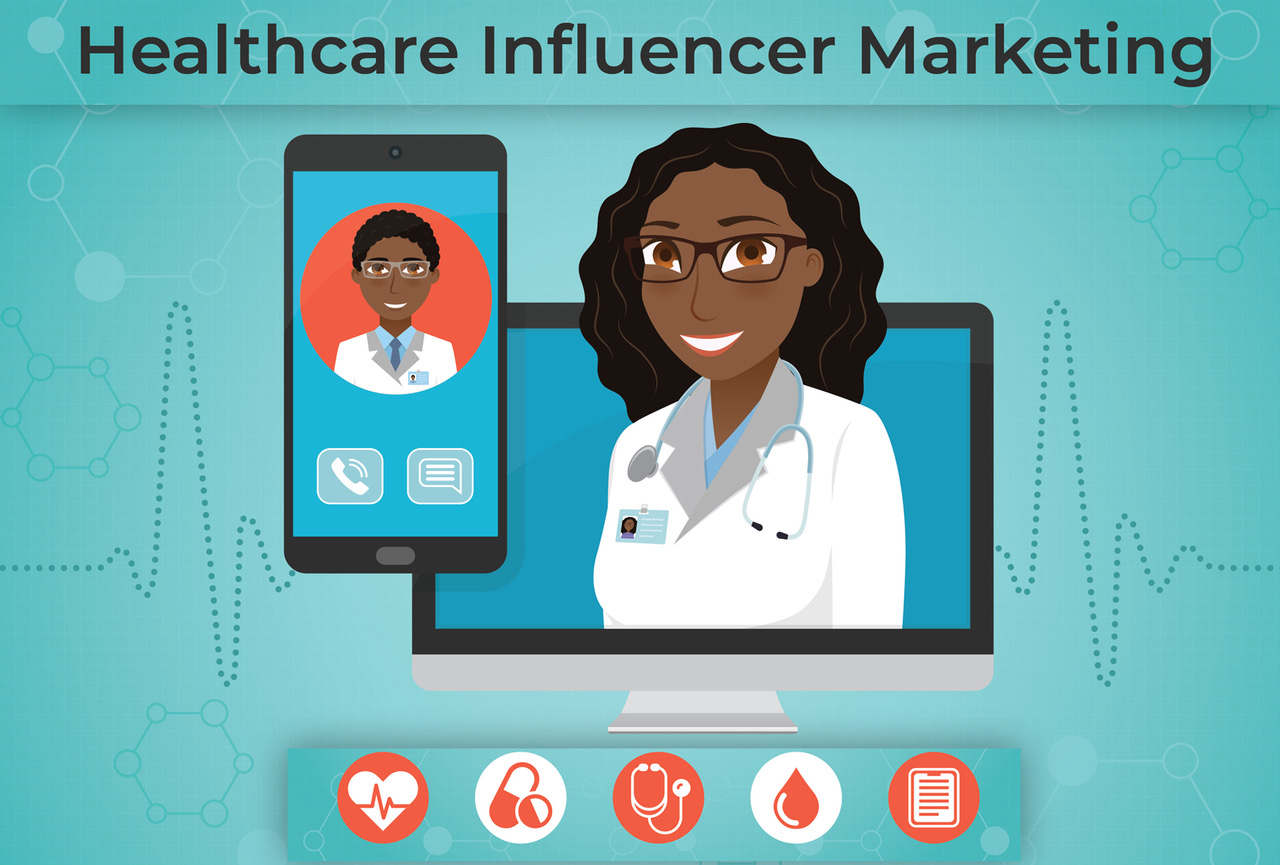

Healthcare Influencer Marketing Isn’t Coming. It’s Here, and It’s Powerful
While influencer marketing is closely tied to social media and the word “influencer” was just added to the dictionary in 2019, the concept has been around for much longer. Some say the first collaboration between a brand and an influencer occurred in 1760 when Wedgwood made a tea set for the wife of King George III and marketed the product as having “royal approval.”
Fast forward to the early days of social media. At that point, influencer marketing was the domain of celebrities who would try a product or service, post photos, tell fans about the experience, and encourage them to try it.
Today’s influencer marketing is far more sophisticated and strategic, creating enormous opportunities for healthcare marketers and publishers.
What Is Influencer Marketing?
Influencer marketing relies on individuals with large followings to increase brand awareness to a broader market. Essentially, a recommendation from a trusted influencer provides social proof that a brand, product, or service is desirable and worthy of an audience’s investment. Influencers share their experiences through different types of media, such as video, podcasts, photos, and blogs.
In the world of healthcare, influencers are often respected frontline doctors who focus on their areas of expertise, including:
- The Uromigos (Genitourinary Cancers)
- Joel Kahn (Preventive Cardiology)
- Monica Gandhi (Infectious Disease Specialist)
The Value of Healthcare Influencer Marketing?
Healthcare influencers can leverage their platforms and audiences to bring attention to new procedures and medications, the need for testing and screenings, and worthy causes. Influencers not only increase awareness of products and services, but they also bring more traffic and revenue to the websites that publish their content.
While social media platforms such as Facebook, Instagram, LinkedIn, Twitter, YouTube, and TikTok provide the primary means of distribution, content that lives on the brand’s website positions content creators and authors as trusted experts in their field.
In fact, a recent study found that 81 percent of consumers would be more willing to trust healthcare influencers over other types of influencers. Four in 10 said their coping mechanisms, views of diet and exercise, and choice of a physician are influenced by content shared by influencers on social media, while 39 percent take action after consuming influencer content.
Keys to Healthcare Influencer Marketing Success
The most successful influencers produce authentic content. People can tell the difference between genuine emotions and talking points. They want to hear a compelling story with real-world experiences and impact. They want an education, not a sales pitch.
Even if an influencer is sharing what amounts to promotional content, the audience will believe and have confidence in the product or service being discussed if the influencer delivers an authentic message.
Keep in mind that building trust and credibility takes time. Healthcare influencer marketing, like most forms of marketing, achieve success by consistently delivering value over a long period of time. While it helps to have a large audience right out of the gates, an audience can be grown organically, allowing organizations to create their own influencers and build their own communities.
These communities can have a direct impact on the success of healthcare organizations. Research from WEGO Health found that 79 percent of patients turn to social media for answers to questions about their personal experiences. Three-quarters ask social media connections about their experiences with medication, conditions, and diagnoses after a doctor visit. This is often referred to as “social health.”
The Future of Healthcare Influencer Marketing
With more healthcare organizations becoming publishers and the marketplace becoming even more competitive, the race to influencer marketing success is well underway. Strategies must be continuously improved based on organizational priorities, evolving consumer habits, and industry trends.
Of course, a sound strategy is necessary to identify the right influencers, produce the right content, connect with the right audience, and achieve your goals. Please contact AMC Media to discuss how you can benefit from healthcare influencer marketing and chart the best path forward.
